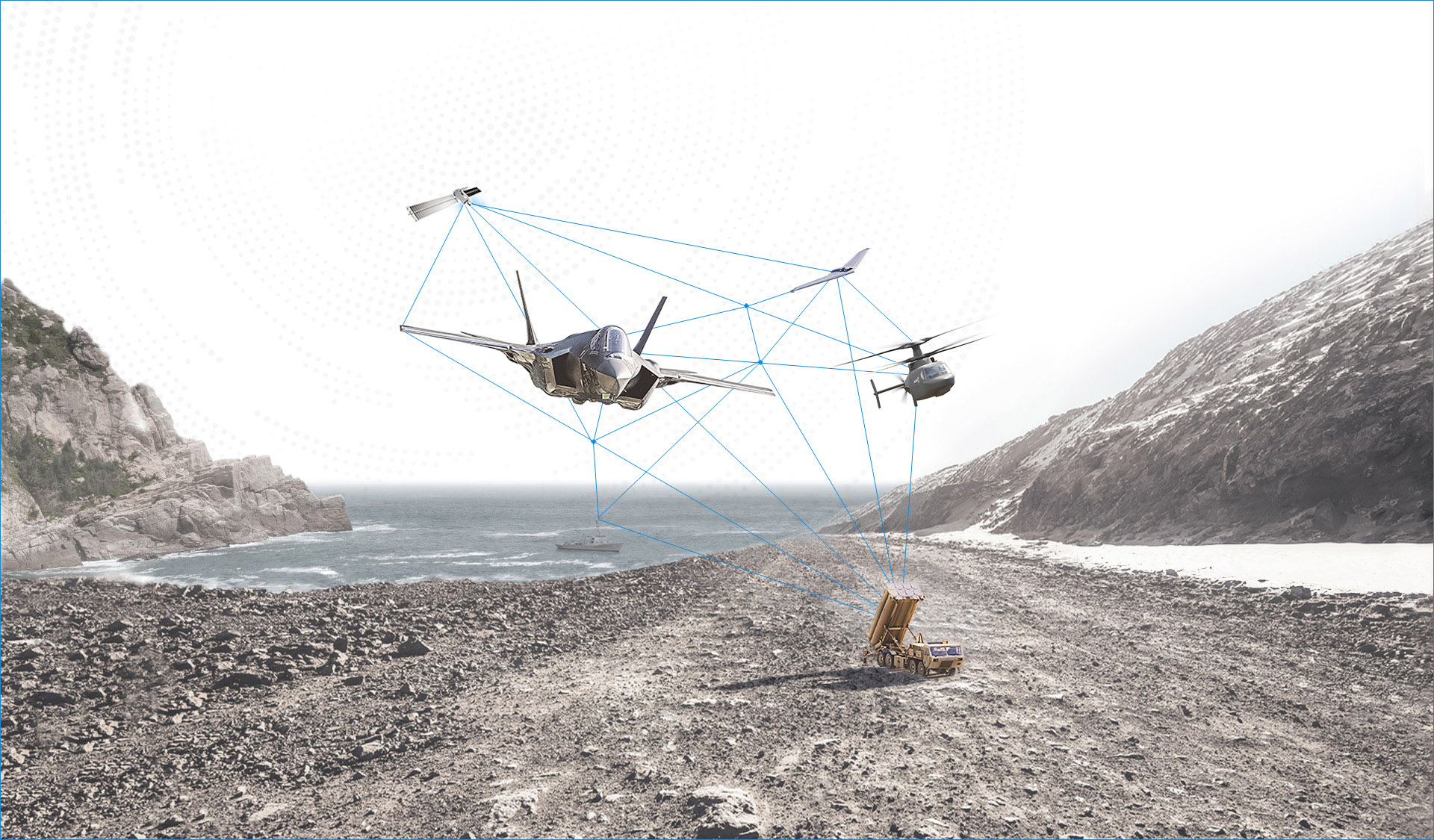Throughout my time as a US Navy Surface Warfare Officer, it was my job to deal with the unexpected. Once, during a real-world ballistic missile defense mission, our mission planning computer went down. To work around the problem, every junior officer onboard meticulously hand-calculated and cross-checked our solutions for the optimal mission geometries over the course of several hours. On another occasion, we were informed that in less than one year, our ship, her crew, and their families would conduct a homeport shift from San Diego, Calif., to Yokosuka, Japan. With the help of Navy legal, mental health and family counselors, housing placement specialists, and a multitude of other support providers, we were able to successfully conduct the short-notice move, as planned. Unexpected events like these defined my naval service and offered memorable and exciting learning opportunities along the way. The key to dealing with them was to identify and utilize the available resources appropriate to each situation.
A Change in Plans
In the winter of 2020, I was not expecting another exciting learning opportunity from the Navy. I had transitioned off active duty and into the reserves several years prior. My fiancé (now wife) and I were planning our wedding around the COVID-19 pandemic. I was halfway through my MBA program at the University of Colorado Boulder, and I had just started a new role with the recently established Business Intelligence (BI) team at Lockheed Martin Space. But unexpected events, by definition, don’t happen when you expect them to. I received a call from headquarters stating that I was selected for non-voluntary reactivation to active duty to serve as the Assistant Officer in Charge of the USNS Carson City Military Detachment.
My mind immediately began racing. What about the wedding we had planned? How would this affect my MBA program? How do I tell my new manager that I would be leaving for an entire year after joining the team only a few months prior? On top of that, would I even have a job when I returned? Following my Navy experience and training, I quickly began identifying the resources necessary to answer these questions and more.
Identifying Resources
The Servicemember’s Civil Relief Act (SCRA) and the Uniformed Services Employment and Reemployment Rights Act (USERRA) afford extensive rights and protections for individuals serving our country. The SCRA provides multiple legal and financial protections for members called to active duty, including rights to terminate rental leases, termination of phone services, limits to interest rates on debt accumulated prior to entering service, and much more. If you are facing the possibility of financial or legal difficulties due to being recalled to active duty service, review your rights under the SCRA and speak with your command legal representative. On the other hand, USERRA protects service members and veterans from employment discrimination on the basis of their service, and allows them to regain their civilian jobs following a period of uniformed service.
For individuals pursuing post-secondary education or with situations not covered under USERRA and SCRA protections, communicate your situation. Many colleges have Veterans and Military Affairs centers that can help walk you through your options. Additionally, though some situations may not be protected legally (deposits on wedding venues, for example) many companies are very supportive of servicemembers and may waive fees or requirements anyway.
Upon reviewing my rights under USERRA as well as Lockheed Martin’s Military Leave policy, I was happy to find that the company goes above and beyond what is required by law in their support of mobilized reservists. CRX-537 lays out the corporate policy and guarantees that members are afforded all rights protected under USERRA, but also provides that certain employees recalled to active duty may be eligible for “differential pay” to cover any gap between their LM base salary and their military base pay. The intent is that LM employees do not find themselves in financial distress due to their service.
Support for our troops and the mission extends well beyond corporate policies. I personally received tremendous support from my VP down to my direct manager, who gracefully afforded me the time necessary to get my family’s affairs in order prior to heading overseas. That support went a long way in easing the transition for my family and me.
Executing the Mission

USNS Carson City (T-EPF 7), a Spearhead Class Expeditionary Fast Transport, departs Rijeka, Croatia.
Upon activation, I reported to the USNS Carson City as the Military Detachment Assistant Officer in Charge. Our detachment consisted of 70 sailors from the surface, security, and explosive ordnance disposal communities. We were tasked with developing and testing novel standard operating procedures (SOPs) and concept of operations (CONOPs) for the employment of unmanned underwater vehicles (UUVs), unmanned aerial vehicles (UAVs), and for conducting mine countermeasure operations aboard the US Navy’s Spearhead Class Expeditionary Fast Transport ships. We developed these procedures alongside our NATO allies and in support of multiple international exercises that strengthened our interoperability and cooperation.

LCDR Thomas (center) and joint members supporting NATO Mine Countermeasures Group 1 meet aboard the USNS Carson City in Groningen, Netherlands.
Support from the Home Front
Throughout the whole experience, my manager provided continued support to me and to the mission. He made a point of reaching out every few months to check-in on how things were going and to reassure me that I still had a spot on his team waiting upon my return. Moreover, other Lockheed Martin employees offered guidance and support leading up to my departure, as well as continued help and support to my family while I was away. Over one in five Lockheed Martin employees identify as veterans and that community serves as a fantastic resource and support network to individuals called to active service.

Business Intelligence Sr. Manager Dan Herr (center) receives the Employer Support of the Guard and Reserve Patriot Award for outstanding support throughout LCDR Thomas’ (right) recall to active duty.
Recall to active duty can be a stressful experience for servicemembers and their families. For individuals finding themselves in this situation, it is important to become familiar with their rights and protections afforded under law, as well as support services available. Thankfully, Lockheed Martin employees can count on a supportive employer and a strong veteran community to help them throughout the experience--not just during Military Appreciation Month in May, but all year long.







